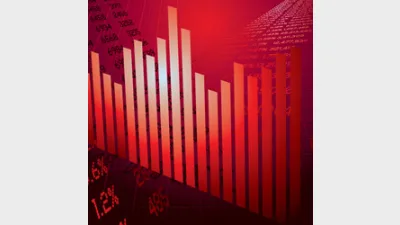Australian equities drive ETF growth



A renewed interest in Australian equities drove 4 per cent market cap growth in the Australian ETF market and $57 million in net new assets in July, according to BetaShares' Australian ETF review.
Six of the top 10 ETFs by creation value were Australian equities based while the average trading value increased by 5 per cent for the month, it said.
Market cap was close to the Australian industry high of $5.45 billion at $5.4 billion.
Agriculture and food based products performed best, increasing between 11 per cent and 25 per cent, according to Drew Corbett, head of investment strategy at BetaShares.
"Prior to ETFs, investors had limited access to agriculture exposures and this highlights the importance of exchange listed products as access vehicles for investors looking to execute on a theme," he said.
Three new products were launched on the Australian Securities Exchange during July, including the first bear fund designed in Australia and two new bond funds.
Flows continued into defensive asset classes but extended to growth asset classes, which reflected an uptick in investors' risk appetites, BetaShares said.
"We're seeing a real mixture of activity around ETFs, with yield and defensive asset classes continuing to remain popular.
However, Australian equities allocations have also increased as investors look for a risk on trade to take advantage of the rally in equities markets," Corbett said.
He said the breadth of asset classes that was available in the Australian market now would continue to drive its growth and align the Australian market more closely with more developed overseas markets.
Recommended for you
Ethical super fund Australian Ethical has announced the appointment of Anthony Lane as chief operating officer.
The structural shift towards active ETFs will reshape the asset management industry, according to McKinsey, and financial advisers will be a key group for managers to focus their distribution.
ASIC has warned that practices across the $200 billion private credit market are inconsistent and, in some cases, require serious improvement.
A surge in electricity prices has driven the monthly Consumer Price Index to its highest level in a year, exceeding forecasts.










